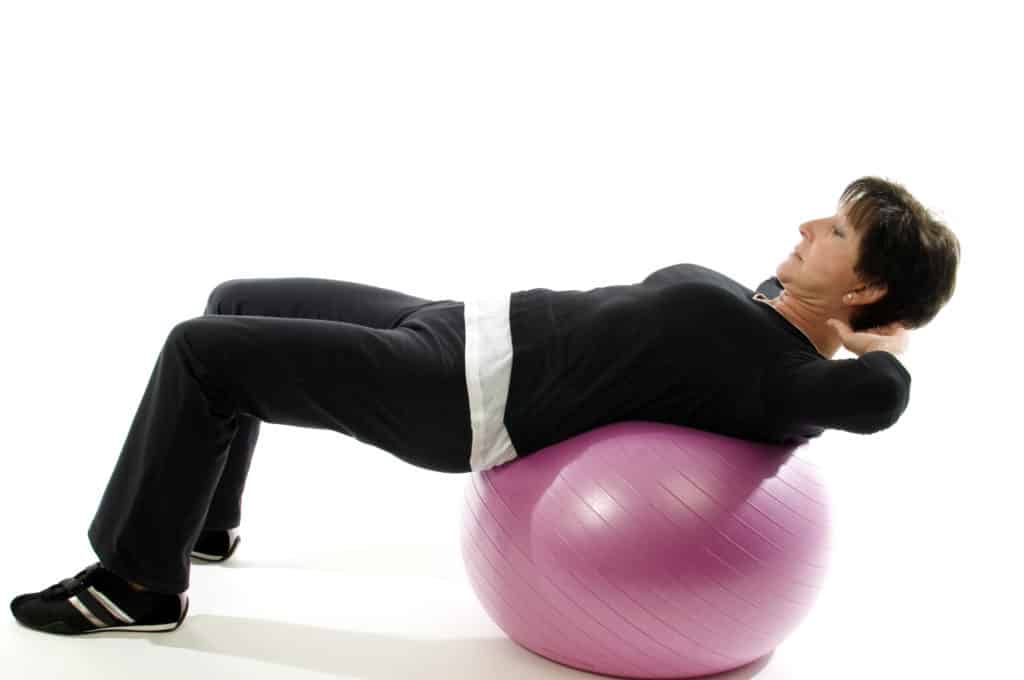What Does Neuropathy Treatment Look Like?
Neuropathy involves nerve damage affecting the peripheral nerves—the pathways that transmit signals between your brain, spinal cord, and the rest of your body. When these nerves are damaged, communication becomes disrupted, impacting sensation, movement, and body function. Symptoms typically appear in the hands or feet.
Common symptoms include:
Burning pain, numbness, or tingling
Pins and needles or hot/cold sensations
Sharp or throbbing pain
Weakness or difficulty with balance and coordination
Changes in sensation or thickened skin
At PhysioFit, we help you break the cycle of pain and dysfunction with personalized treatment plans that target the root cause—restoring function and preventing further complications.
Signs & Symptoms
- Nerve damage symptoms can manifest in various ways, including pain, tingling, numbness, weakness, and changes in sensation, often indicating underlying peripheral neuropathy.
- Signs of peripheral neuropathy encompass a wide array of sensory, motor, and autonomic dysfunctions affecting the nerves outside the brain and spinal cord.
- Tingling and numbness, particularly in the hands and feet, are common early indicators of nerve damage and may signal the onset of peripheral neuropathy.
- Burning nerve pain, a frequent and often debilitating symptom of neuropathy, can range from mild discomfort to severe, radiating sensations.
- Weakness in limbs, such as difficulty lifting objects or walking, can be a motor symptom of neuropathy affecting the nerves controlling muscle strength.
- Loss of sensation, or the reduced ability to feel touch, temperature, or pain, is a significant sensory symptom of peripheral neuropathy, increasing the risk of injury.
- Sharp nerve pain, often described as shooting or stabbing, is a characteristic symptom of certain types of neuropathy and can be intermittent or constant.
- Cold or hot feelings in the extremities, even when the actual temperature is normal, can be a sensory manifestation of nerve damage associated with neuropathy.
- Balance issues neuropathy can arise due to sensory nerve damage affecting proprioception, the body's awareness of its position in space, leading to unsteadiness.
- Coordination problems, such as difficulty with fine motor skills or clumsy movements, can result from motor and sensory nerve impairment in peripheral neuropathy.
- Foot and hand Numbness: This prevalent symptom of neuropathy can make it difficult to perform everyday tasks and may be accompanied by other abnormal sensations.
- Extremity nerve pain refers to pain felt in the arms, legs, hands, and feet due to peripheral nerve damage, a hallmark of neuropathy.
- Changes in sensation, including increased sensitivity (hyperesthesia), pain from non-painful stimuli (allodynia), or altered perception of touch, are common in neuropathy.
- Muscle weakness neuropathy occurs when nerve damage affects the motor nerves, leading to decreased strength and potential muscle atrophy.
- Neuropathy pain symptoms are diverse and can include burning, shooting, stabbing, aching, or electrical-like pain, significantly impacting quality of life.
- Early signs of neuropathy may be subtle, such as occasional tingling or mild numbness, but recognizing them is crucial for timely intervention and management.
- Progressive nerve damage in neuropathy can lead to a gradual worsening of symptoms and the involvement of more nerves over time.
- Sensory nerve issues in neuropathy involve damage to the nerves responsible for transmitting sensations like touch, temperature, pain, and vibration.
- Motor nerve problems in neuropathy affect the nerves that control muscle movement, leading to weakness, cramps, and difficulty with motor tasks.
- Autonomic neuropathy signs involve damage to the nerves controlling involuntary bodily functions, potentially affecting heart rate, blood pressure, digestion, and bladder control.
Vagus Nerve Stimulation for Neuropathy
One of our key treatment approaches involves vagus nerve stimulation (VNS), an emerging therapy showing significant promise for neuropathy relief.
What is Vagus Nerve Stimulation?
The vagus nerve is the longest cranial nerve in your body, connecting your brain to your heart, lungs, and digestive system. It plays a central role in regulating your autonomic nervous system—the balance between "fight or flight" and "rest and digest" states.
How Vagus Nerve Stimulation Helps Neuropathy
- Activates the anti-inflammatory pathway: VNS releases acetylcholine, which helps reduce inflammation that contributes to nerve damage and pain.
- Rebalances the nervous system: Many neuropathy patients have an overactive stress response. VNS activates the parasympathetic system to restore balance.
- Reduces pain signaling: Research shows VNS can decrease neuropathic pain by modulating pain-processing pathways in the brain and spinal cord.
- Improves heart rate variability (HRV): Better HRV indicates a healthier, more adaptable nervous system—a marker of treatment effectiveness.
- Enhances nerve recovery: Studies suggest VNS during rehabilitation may help restore brain function after peripheral nerve injury.
Why Choose PhysioFit for Neuropathy Treatment?
You'll receive a private 1-on-1 evaluation with a physical or occupational therapist, including your medical history, movement analysis, and assessment of posture, muscles, and nerves. We understand neuropathy affects more than your body. You may be experiencing frustration, anxiety, or worry about your future. Chronic pain and loss of independence can take an emotional toll. Our holistic approach addresses both the physical symptoms and your overall well-being.
Our Treatment Approach:
-
Targets nervous system imbalances at the root cause
-
Uses vagal nerve stimulation to promote relaxation and regulation
-
Reduces pain, lowers inflammation, and improves blood flow to damaged nerves
-
Addresses underlying dysfunction—not just symptoms
.png)
.png)
Your Goals Are Our Goals
Here is what you can expect from our treatments:
- Significant relief from neuropathy-related pain
- Reduced numbness and tingling in hands and feet
- Regained strength and motor control
- Improved balance and reduced fall risk
- Better sleep from reduced nighttime nerve pain
- Enhanced mood and emotional relief
- Greater ability to enjoy daily activities and hobbies
Get Neuropathy Treatment in Los Altos, CA Today:
Move better.
Live better.
Move better. Live better.
PhysioFit Physical Therapy & Wellness, like Los Altos itself, combines an inviting, community environment with exceptional talent. Founded and led by Kim Gladfelter, a keen, well-rounded expert in healing through movement, and a dedicated team that takes a holistic approach to optimal health.
Free Guide For Anyone
Who Wants to Neuropathy Treatment:
What is Neuropathy Treatment? Understanding Nerve Damage and Its Symptoms Emailed to You!

What Our Clients Say
K.T.
"The staff was fantastic! Everyone I spoke with was friendly and helpful. My therapist is AMAZING. She's incredibly articulate, intelligent, and informative. I left my appointment feeling optimistic and ready to come back for more sessions with my therapist. Thank you!"
Los Altos, CA
B.R.
"All the therapists are great they helped me so much to reduce my pain and show me what I can do and what I should do."
Los Altos, CA

 Los Altos, CA
Los Altos, CA




